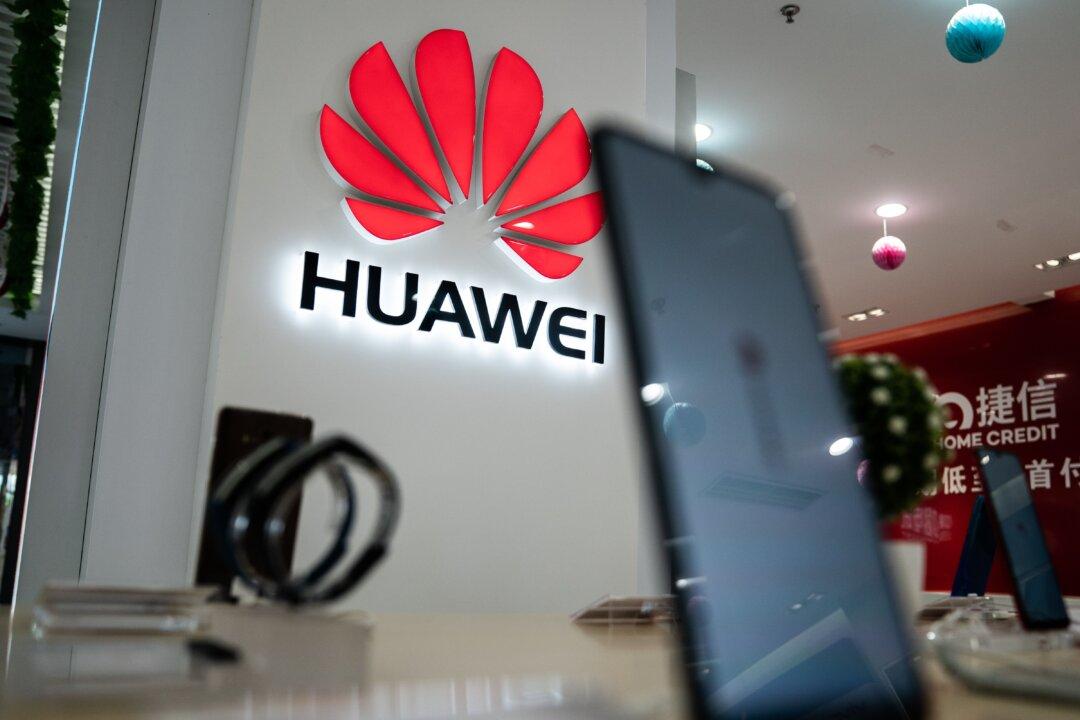Huawei has been removed from three key standards-setting organizations, in the latest blow to the company flowing from the U.S. export ban.
The SD Association, the trade group that sets standards for SD and micro SD cards, removed Huawei from its member list. According to technology news website Android Authority, this means that world’s second-largest smartphone maker will not be able to use SD or microSD cards’ slots in its future designs.





